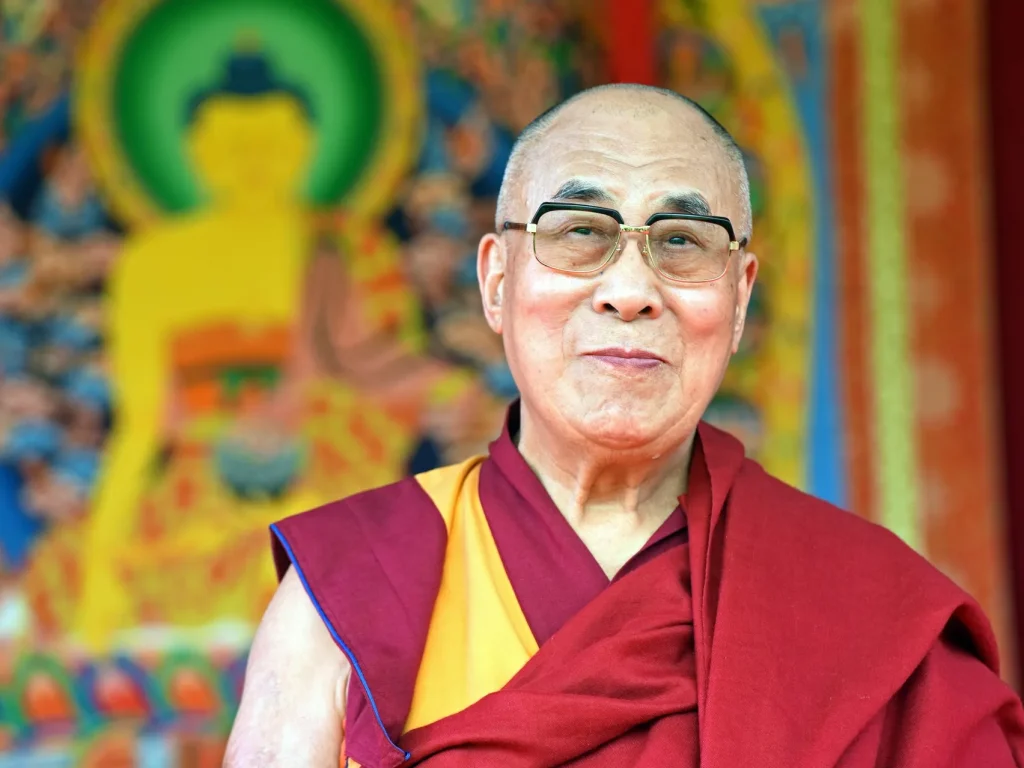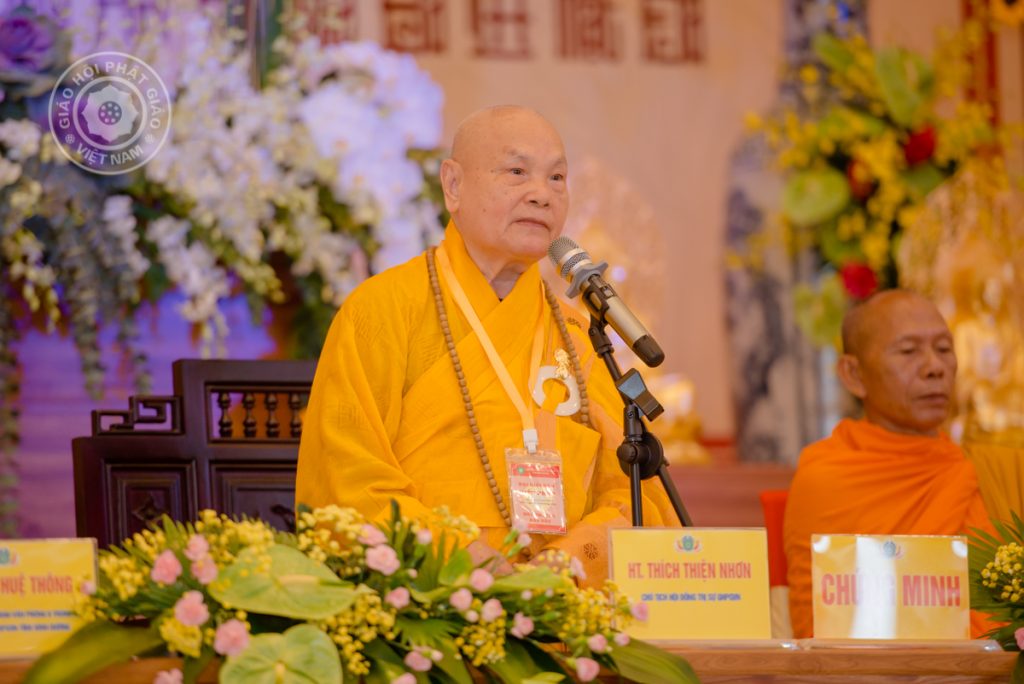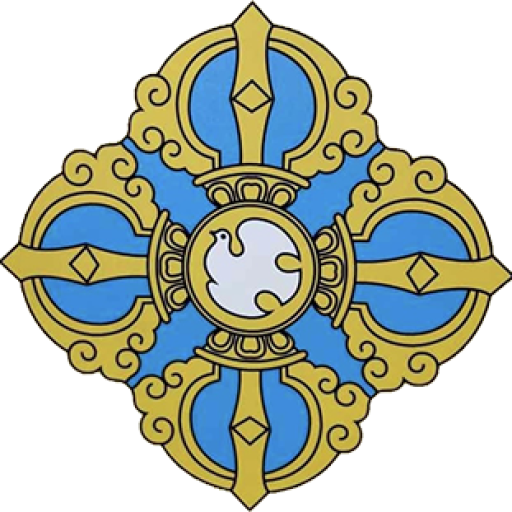Patrons
Home / Patrons

H.H. The Fourteenth Dalai Lama
The Most Venerable Thich Thien Nhon, Vietnam
Is the President of the Board of Directors of the Buddhist Sangha of Vietnam. BSV is the only Buddhist Sangha recognised by the Vietnamese Government and is a member of the Vietnamese Fatherland Front. The BSV was founded after Vietnam’s Buddhist Convention was held at Quan Su Temple on November 7, 1981. The BSV was founded to unify Buddhist activities of Vietnamese Buddhist monks, nuns and lay followers.

Ven. Prof. Mahinda Sangharakhita Mahathera, Sri Lanka
Venerable Professor Kollupitiye Mahinda Sangharakkhitha Thera is the Chief Incumbent (Chief Priest) of the Kelaniya Raja Maha Vihara and Head of the Buddhist and Pali Faculty of the University of Kelaniya.
Becoming a monk in the 1960s under the guidance of the then chief incumbent of the Kelani Temple Ven. Thalewela Vijitha Dhammarakkhitha Thera, Sangharakkhitha Thera studied scripture at the Gangarama Temple in Hunupitiya and obtained graduated from the Vidyalankara Campus of the University of Ceylon studying Buddhist Philosophy and French language. Thereafter Sangharakkhitha Thera was awarded a two-year scholarship to study at the Sorbonne University in France to gain a postgraduate degree in French language. After which going on to gain a Masters and doctorate from the University of Delhi.
Returning to Sri Lanka, Sangharakkhitha Thera started lecturing at the University of Kelaniya, Faculty of Buddhist and Pali, later becoming a Professor. Sangharakkhitha Thera was appointed chief incumbent of the Kelaniya Raja Maha Vihara in 1992.
Sangharakkhitha Thera started a special Pirivena to teach Buddhism in the English language and has taken laudable steps to encourage the monks who are on missions all over the world.
Contact Us
- Da Lama Kh.Byambajav, Secretary General of ABCP, Gandantegchenling Monastery, Ulaanbaatar-38, Mongolia 16040
- abcphqrs@gmail.com
- +976 11 360069, +976 99117415
- Mr. Burenbayar Chanrav, Senior Manager, ABCP, Gandantegchenling Monastery, Ulaanbaatar-38, Mongolia 16040
- cburenbayar@gmail.com
- +976-99101871
Newsletter
You can trust us. we only send promo offers,

